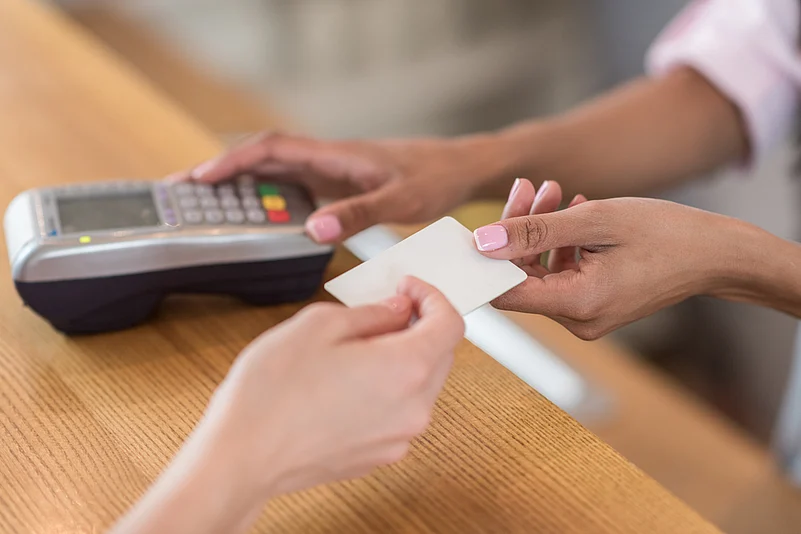As you plan for your finances for 2022, this might be the right time to sit and evaluate your credit card spending in the last few months. This would help you spot some unnecessary expenses that you might have incurred over a period. That information would help you avoid making the same mistakes and stay on track financially.
While it is sometimes necessary to rely on your credit card, especially in situations such as sudden medical expenses, loss of job or a pay-cut, you should always remind yourself of a few general guidelines for safe credit card use.
According to experts, avoid paying with a credit card for something that you cannot pay for in full, when the bill is due. Overall, here are the expenses you should ideally not put on your credit card:
1) Your monthly rent or mortgage payment: You may have the option of paying your monthly rent or mortgage through your credit card. But there’s usually a processing fee of 2-3 per cent that negates all the benefit. You must know beforehand all the additional costs associated with charging this type of purchase on a credit card. “If you’re residing in a rented place, it is advisable not to pay your monthly rent via credit card. Rental expenses should be part of your budgeted household expenses and you need to maintain financial discipline in this respect to avoid a debt trap,” says Arijit Sen, a Sebi-registered investment advisor and co-founder of Merry Mind, a Kolkata-based financial advisory firm.
2) Festive shopping or impulse shopping: If you’re shopping, especially during festive seasons, avoid using your credit card as the ease of use makes impulsive purchases easy. Impulsive buying is an easy way to end up with a higher credit card bill than you expected. Such splurges can be on electronic gadgets, accessories, clothing, shoes, trips, etc.
If you don’t have the finances to cover these splurges, it’s best to postpone them and avoid the impulse purchase putting pressure on your budget. Not being able to pay off the entire amount in the subsequent month will mean huge costs. If you convert into EMIs, there will still be a cost.

3) Vacationing expenses: “A few years ago, one couple approached us to solve their cash flow issues. During the data gathering sessions, we came to know that they had gone for an exotic vacation and the entire trip was paid for using credit card. The complicated situation they found themselves in was because of this decision of misusing a credit card. We had to closely work with them, using cash flow planning tools and processes, to help them come back on track over a period of time,” says Sen. Plan a vacation that you can afford; else, postpone it or change the destination, accommodation etc.
4) Movies and dining expenses: While going for movies and/or dining with friends, relatives and family, one should not spend via credit card as there's a tendency to overshoot the budgeted expenses during such occasions. If these expenses are becoming a problem, take a look at past few months’ credit card statements and find out how much you have spent. Trim that down to an acceptable level.
5) Medical bills: You might be lured to pay your unexpected medical bill via credit card. That in itself is not a problem. The problem arises when you fail to pay back on time, thereby racking up interest. It would be wise instead to set up an emergency fund that you can fall back on in times of such need. Also, buy adequate health insurance.
While using a credit card, go back to the account time and again to check the balance. It’s important to monitor your cash flows. Avoid using your credit card without having a proper plan in place to pay off the debt in the short term.


























